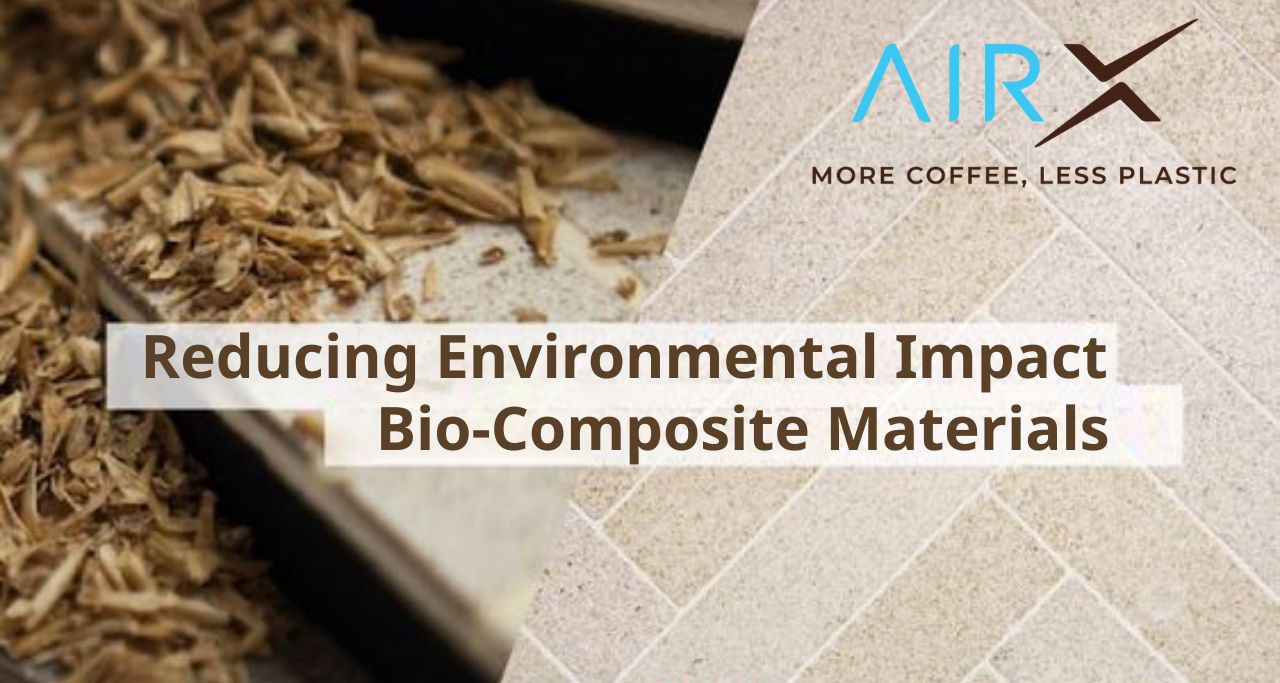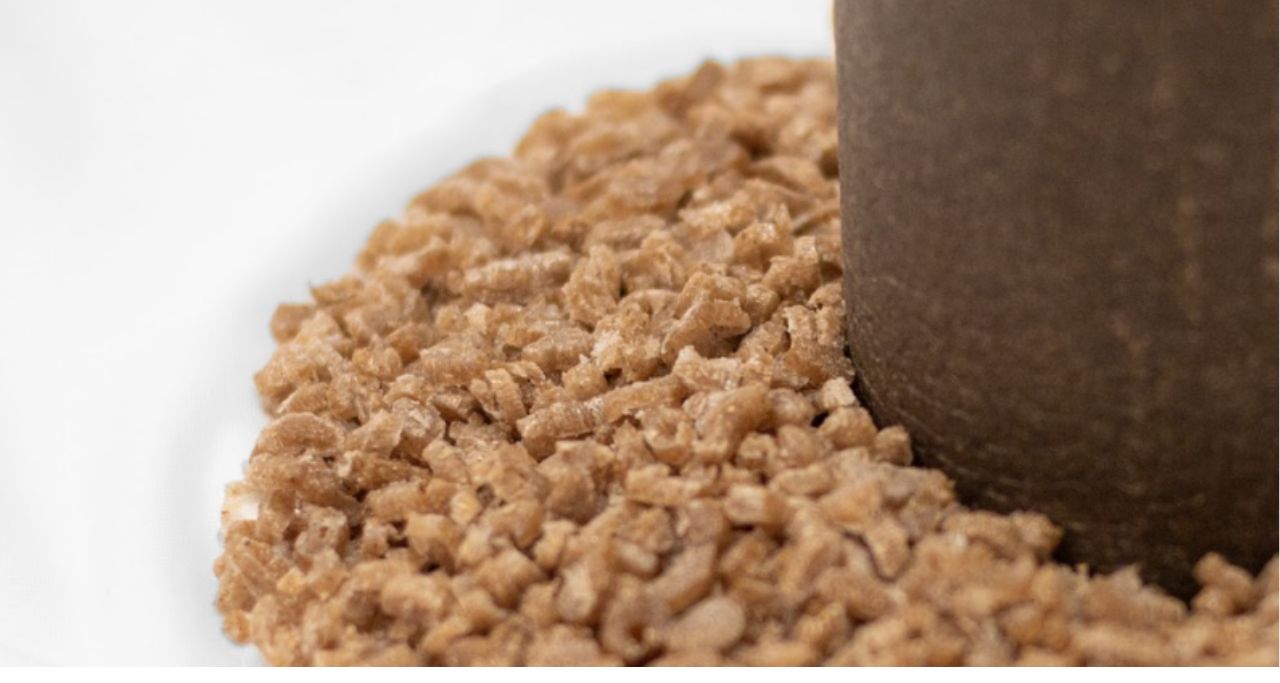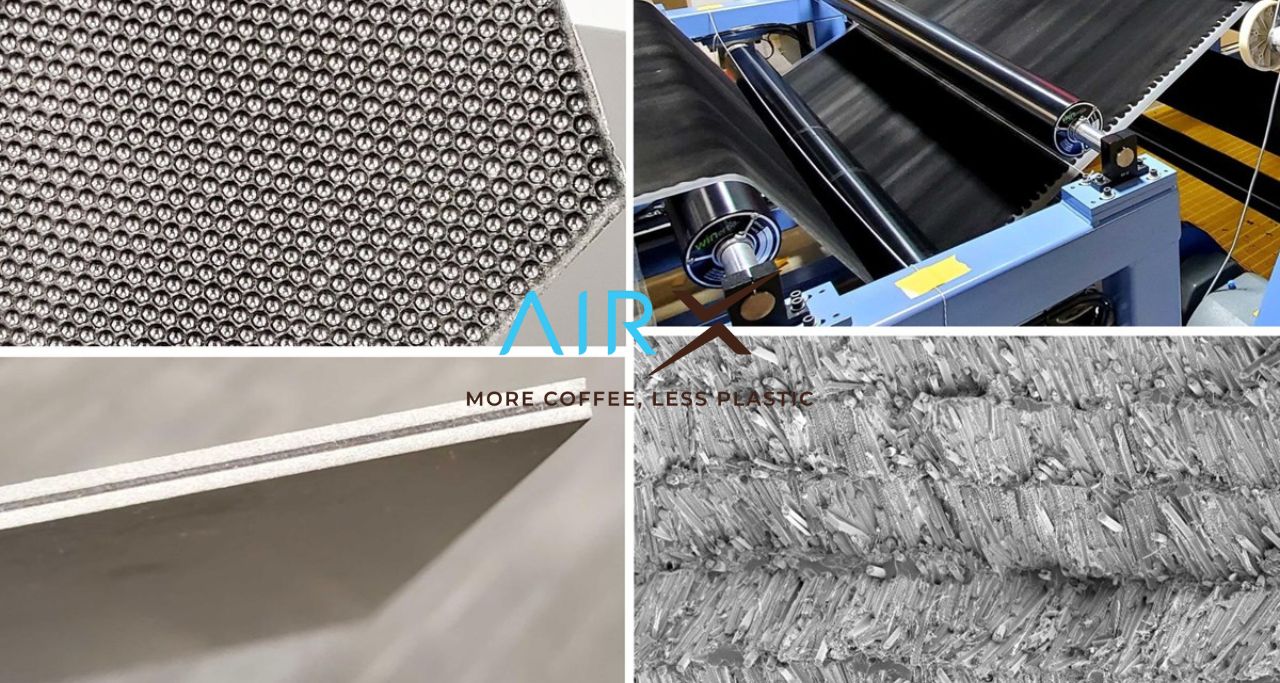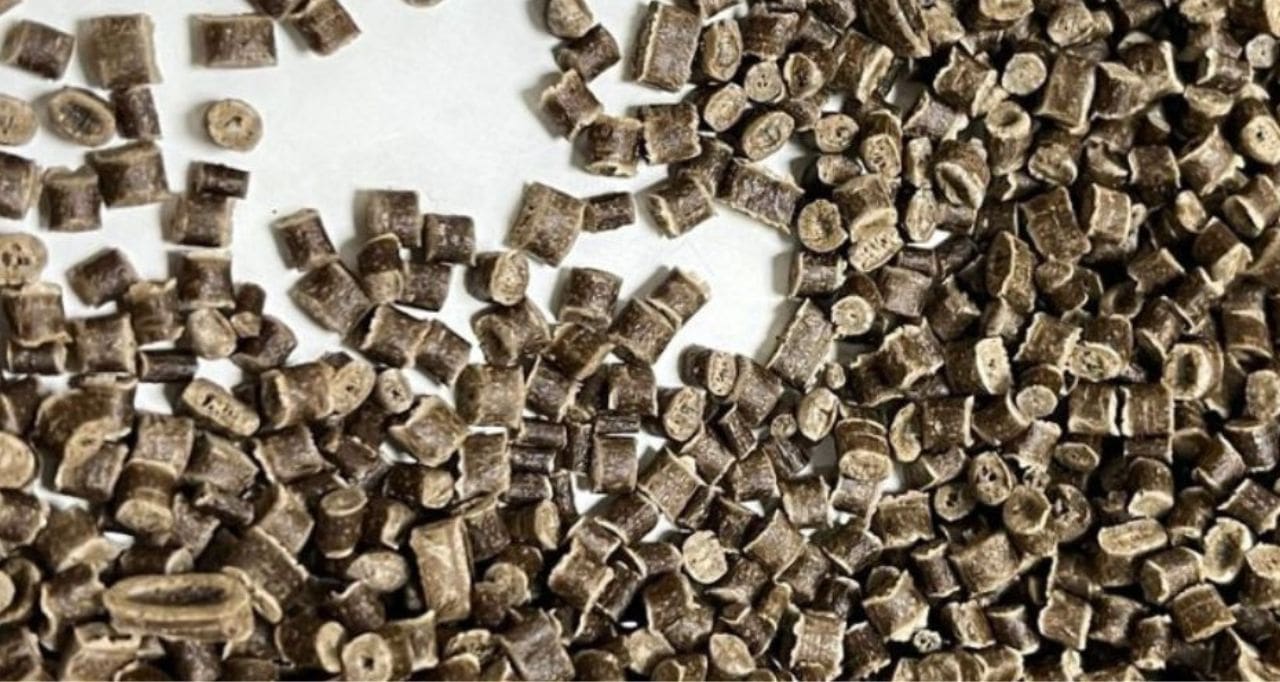Reducing Environmental Impact: The Eco-Friendly Advantages of Bio-Composite Materials

In this article, we delve into the world of bio-composite and explore their immense potential. bio-composite, a sustainable alternative to traditional materials, offer numerous advantages. With bio-composite, industries can benefit from lightweight yet strong and durable materials that reduce carbon footprint.
However, challenges such as sourcing suitable raw materials and ensuring quality control exist. Despite these challenges, the future outlook for bio-composite is promising. Technological advancements, expanding applications, increasing market demand, collaborative research efforts, and a focus on sustainability propel bio-composite toward a brighter future. Join us on this exciting journey to unlock the potential of bio-composite.
What is Bio-composite
Bio-composite, a term gaining prominence in the sustainable materials industry, refers to a composite material composed of a matrix and reinforcement derived from renewable resources. It is a revolutionary alternative to traditional composite materials, which are primarily fossil-fuel-based.

The applications of bio-composites are vast and expanding across industries. They are used in sectors such as automotive, construction, aerospace, and packaging. Bio-composites offer lightweight and durable solutions for interior panels, structural components, packaging materials, and even consumer goods. With their excellent biodegradability and recyclability, bio-composites align with the principles of the circular economy, further enhancing their appeal.
One of the significant benefits of bio-composites is their positive environmental impact. By utilizing renewable resources and reducing the carbon footprint associated with traditional composites, bio-composites contribute to sustainable practices and help mitigate climate change.
Application of Bio-composite materials
As the demand for sustainable materials continues to grow, bio-composite materials have found wide-ranging applications in various industries. Let's explore some key sectors where bio-composites are making a significant impact. One notable company leading the way in the development and application of bio-composite materials is AirX. With their innovative approach and commitment to sustainability, AirX has introduced bio-composite, which is an eco-friendly choice for replacing oil-based plastic.

Packaging industry: bio-composite offers sustainable packaging solutions for different sectors. It can be used for personal care product packaging, food packaging, agricultural packaging (such as plant pots and trays), and industrial packaging. With its versatility, With the ability to biodegrade in just 12 months and a closed life cycle treated by an industrial plant , AirX ensures that packaging materials are environmentally friendly without compromising functionality or aesthetics.
Automotive sector: AirX finds its application in the automotive industry for various components. Under the Hood, it can be used for engine covers, air intake ducts, and battery casings. In the Interior, it can be utilized for trims, dashboard panels, and seat structures. Additionally, its can be used for exterior parts such as bumpers, grilles, and side mirrors. It is also suitable for electrical components due to its electrical insulation properties. Espectionally, The use of products made from bio-composite helps to reduce the amount of Carbon (CO2) released into the environment because it is made from biological materials instead of petroleum-based plastics.
Construction materials: bio-composite can be used in the construction industry for pipes and fittings, roofing and insulation, structural components, and flooring. Its durability, resistance to moisture, and thermal insulation properties make it an ideal choice for sustainable construction projects.
Consumer goods: The versatility of bio-composite extends to various consumer goods. It can be found in toys, electronics, fashion and textiles, and household items. As a bio-based material, AirX provides a sustainable alternative to traditional plastics, reducing the carbon footprint of these products.
The versatile applications of bio-composite materials highlight their immense potential for creating a more sustainable future across diverse sectors. As research and development efforts continue, we can expect to witness further advancements and an expanded range of applications for these eco-friendly materials.
Future Outlook and Orientation

The future of bio-composite holds immense promise and potential, driven by various factors that are shaping the landscape of sustainable materials. Technological advancements and ongoing innovation are driving the development of bio-composite, enabling manufacturers to create materials with enhanced properties and performance. Researchers and engineers are continuously exploring new methods and techniques to improve the strength, durability, and versatility of bio-composite.
Moreover, the expansion of bio-composite into new industries and applications is on the horizon. From automotive and aerospace to packaging and consumer goods, bio-composite are finding their way into diverse sectors. As more industries recognize the benefits of sustainable materials, the demand for bio-composite is projected to rise significantly in the coming years. This increasing market demand and adoption are paving the way for a sustainable future.
Collaborative research and development initiatives play a crucial role in driving the bio-composite industry forward. Academia, government organizations, and industry leaders are joining forces to accelerate innovation, share knowledge, and overcome challenges. By fostering collaboration, these initiatives are facilitating the exchange of ideas, resources, and expertise, leading to breakthroughs in bio-composite technology.
One of the key advantages of bio-composite lies in their potential to address sustainability challenges. With a focus on reducing carbon footprint and reliance on fossil fuels, bio-composite offer a renewable and eco-friendly alternative. By utilizing natural fibers and biodegradable polymers, they contribute to the development of a circular economy and reduce environmental impact. This potential for overcoming challenges and improving sustainability makes bio-composite a significant player in the future of materials.
In conclusion, the future outlook for bio-composite is promising and exciting. Technological advancements, expansion into new industries, increasing market demand, collaborative research efforts, and sustainability benefits are driving their growth. As bio-composite continue to evolve, they will play a vital role in addressing sustainability concerns and shaping a greener, more sustainable future for industries and society as a whole.
Contact us
AirX is the world's first carbon-negative bio-material made from coffee grounds manufacturer.
We specialize in producing bio-based composites using recycled carbohydrates derived from by-products such as coffee grounds, coconut husk, husk, and bamboo. Our goal is to promote sustainability through the use of eco-friendly materials.
We are always here to help and provide the best service possible. If you have any questions or would like to receive advice and feedback directly from our sales staff, please do not hesitate to contact us. You can reach us through:
- Whatsapp: +84 969 742 950
- Email: [email protected]
We look forward to hearing from you!

